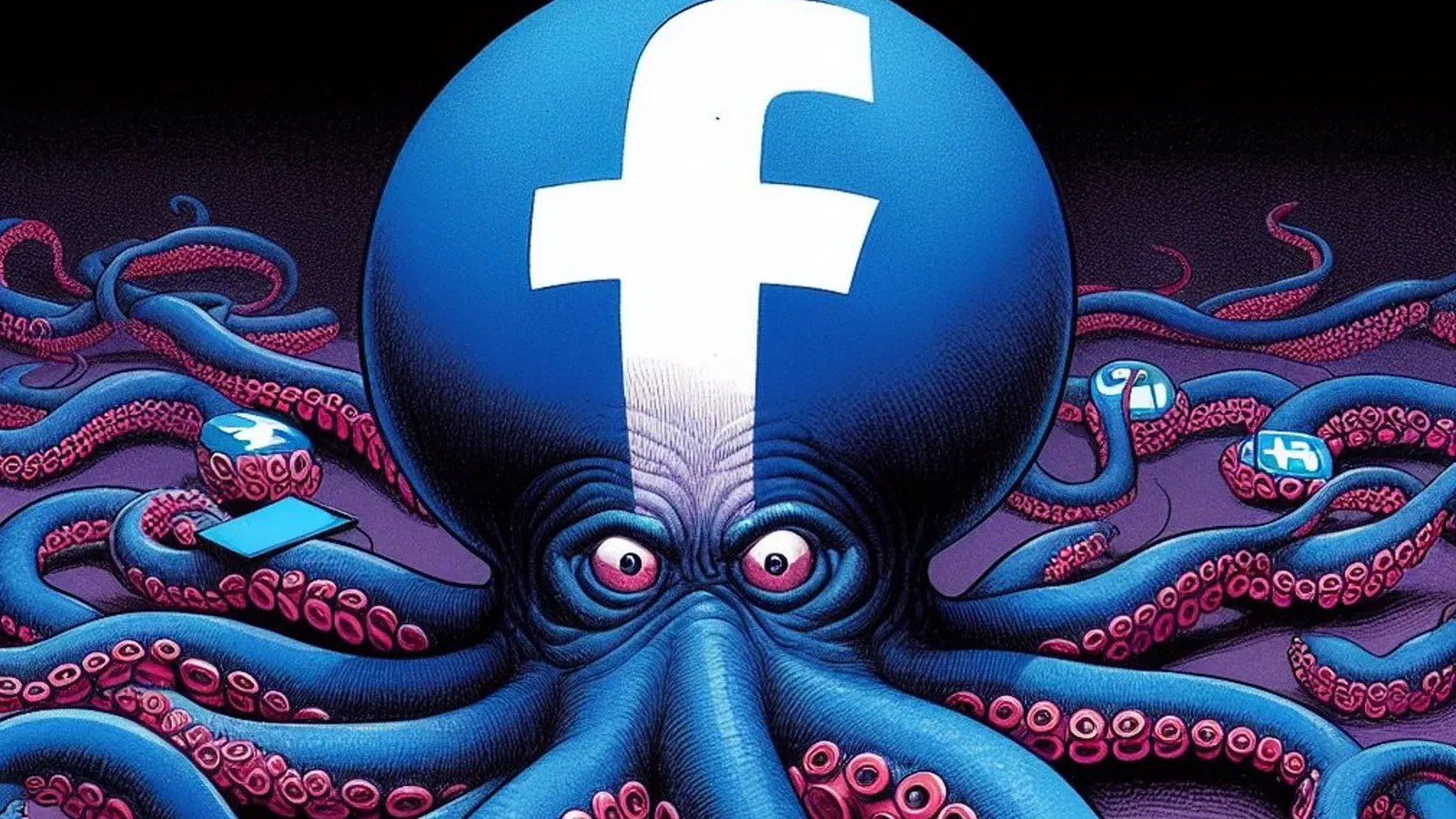Meta seeks dismissal of FTC Antitrust Lawsuit, denying accusations of monopoly power
Meta Platforms Inc. (formerly Facebook) this week filed a motion for summary judgment, seeking the dismissal of the Federal Trade Commission's (FTC) lawsuit aimed at unwinding the company's acquisitions of Instagram and WhatsApp.

Meta Platforms Inc. (formerly Facebook) this week filed a motion for summary judgment, seeking the dismissal of the Federal Trade Commission's (FTC) lawsuit aimed at unwinding the company's acquisitions of Instagram and WhatsApp. The FTC alleges these acquisitions solidified Meta's dominance in the social media market, stifling competition and harming consumers.
In a blog post on April 5th, Jennifer Newstead, Meta's Chief Legal Officer, outlined the company's argument that the FTC's case rests on speculation rather than concrete evidence. Meta asserts that the Instagram and WhatsApp deals ultimately benefited consumers, leading to improved features and greater reliability on both platforms. They also challenge the FTC's definition of the relevant antitrust market and contest the FTC's assertion that Meta possesses monopoly power.
The FTC's Case: A Pattern of Dominance
The FTC's lawsuit, initially filed in 2020 and revised in 2021, claims Meta engaged in a pattern of anti-competitive behavior designed to eliminate potential rivals. They accuse Meta of using its dominant position in social networking to acquire promising competitors, ultimately limiting innovation and consumer choice. Central to their argument is that Meta's acquisitions removed Instagram and WhatsApp as potential long-term challengers to Facebook's own position.
“Facebook lacked the business acumen and technical talent to survive the transition to mobile. After failing to compete with new innovators, Facebook illegally bought or buried them when their popularity became an existential threat,” said Holly Vedova, FTC Bureau of Competition Acting Director. “This conduct is no less anticompetitive than if Facebook had bribed emerging app competitors not to compete. The antitrust laws were enacted to prevent precisely this type of illegal activity by monopolists. Facebook’s actions have suppressed innovation and product quality improvements. And they have degraded the social network experience, subjecting users to lower levels of privacy and data protections and more intrusive ads. The FTC’s action today seeks to put an end to this illegal activity and restore competition for the benefit of Americans and honest businesses alike.”
Meta's Rebuttal: Benefits and Competition
Meta vigorously contests the FTC's characterization of its actions. In her post, Newstead, Meta's Chief Legal Officer, argues that both the Instagram and WhatsApp acquisitions received regulatory approval years ago, and revisiting these deals undermines the certainty of the merger review process. She emphasizes the investments Meta has made in both platforms, asserting that this has led to significant enhancements benefiting users.
The company maintains that the social media landscape is highly competitive, with rivals like TikTok, Snapchat, YouTube, and others constantly vying for users' attention. They dispute the FTC's narrowly defined "personal social networking services" market as unrealistic and outdated. Meta contends that consumers can seamlessly switch between various platforms for different needs, refuting the FTC's portrayal of a Meta monopoly.
Undefined Markets and the Nature of Competition
One crucial battleground in this case is the definition of the relevant market. The FTC seeks to establish a tightly drawn market in which Meta allegedly holds immense power. Meta naturally prefers a broader definition which encompasses a wider range of competitors and dilutes its perceived market share.
The Question of Harm
Beyond the market definition, the FTC will need to substantiate its claims that Meta's acquisitions created consumer harm. While they may argue that a consolidated market limits consumer choice over time, Meta is likely to emphasize that Instagram and WhatsApp have both flourished under their ownership.
Far-Reaching Implications
The outcome of this case could reshape antitrust enforcement in the digital age. If the FTC prevails, it could pave the way for the breakup of Big Tech companies and discourage future acquisitions of nascent competitors. However, a Meta victory might embolden tech giants to pursue even more mergers, while making the FTC wary of challenging those deals.
Chronology of major cases involving Meta/Facebook
Early History
- 2008: ConnectU Lawsuit: ConnectU, a social networking site founded by Harvard classmates of Mark Zuckerberg, sued Facebook alleging theft of intellectual property and source code. In 2008, the parties settled for an undisclosed sum and a share of Facebook stock.
- 2011: FTC Settlement: The FTC settled with Facebook over allegations of deceptive privacy practices. The settlement included 20-year privacy audits and changes to how Facebook shared user data.
Increase in Antitrust Scrutiny
- 2012: Instagram Acquisition: The FTC investigated but ultimately approved Facebook's acquisition of Instagram. This decision would become a major focal point of later antitrust lawsuits.
- 2014: WhatsApp Acquisition: Similar to Instagram, the FTC reviewed and approved Facebook's acquisition of WhatsApp.
- 2019: FTC Fine: The FTC fined Facebook $5 billion related to privacy breaches stemming from the Cambridge Analytica scandal. However, this was primarily a privacy matter, not an antitrust case.
Recent Antitrust Actions
- 2020: FTC and State Attorney General Lawsuits: The FTC, along with a coalition of 48 state attorneys general, filed antitrust lawsuits seeking to unwind Meta's acquisitions of Instagram and WhatsApp. These lawsuits are the most significant antitrust challenges faced by Meta to date.
- 2021: Initial Lawsuit Dismissed, Amended Complaint Allowed: A federal judge dismissed the FTC's initial complaint but gave them leave to file an amended complaint, which further bolstered their claims.
- 2023: UK Competition and Markets Authority (CMA): The CMA ordered Meta to sell Giphy, a platform it acquired in 2020, due to competition concerns.
- 2024: Meta's Motion for Summary Judgement: Meta seeks dismissal of the FTC lawsuit, arguing a lack of evidence and unfair targeting of past approved acquisitions. This motion is still pending a decision.

